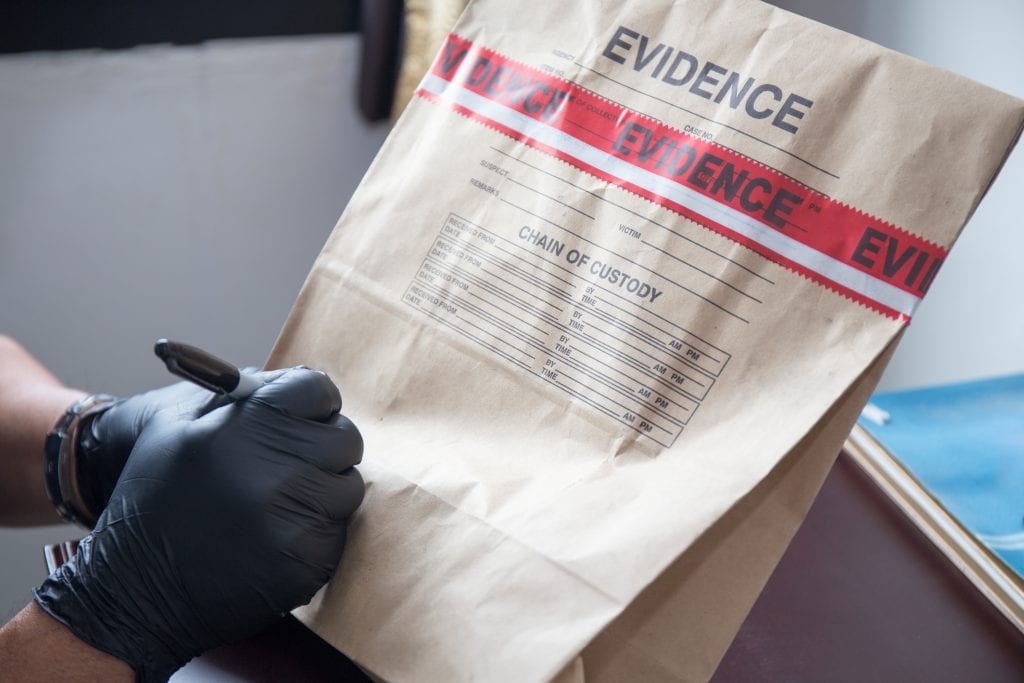Sometimes, new evidence comes to light after a trial that can prove your innocence. Maybe a key witness recants their story. Perhaps new scientific evidence rules you out as a suspect. Whatever it is, if newly discovered evidence shows your innocence, you want to present it to a court as soon as possible. But how do you do this?
What counts as newly discovered evidence?

“Newly discovered evidence” is a legal term of art. It refers to any evidence that appears after a trial. You must also show that you could not have discovered it with “reasonable diligence” before trial.
Just about any evidence can be newly discovered evidence. It could be a witness who steps forward to provide an alibi. Or it could be new DNA evidence. It could even be new science that debunks the junk science prosecutors used against you in court.
The key is that this evidence is significant enough to overturn a guilty verdict. That is a high bar to reach.
How do you present newly discovered evidence?
Rule 33 of the Federal Rules of Criminal Procedure allows your attorney to present newly discovered evidence in court. Your attorney does this with a motion for new trial. Before a judge can order a new trial, you must file a motion.
This motion should show what the newly discovered evidence is. And it should also show how that evidence would change your case’s outcome. If the prosecution could have convicted you anyway, the judge likely won’t grant the motion.
You can file a motion for a new trial based on newly discovered evidence up to three years after a verdict. Within that period, you can present your motion at any time.
Rule 33 allows to move for a new trial based on other reasons as well. But, you don’t rely on newly discovered evidence, you must file the motion within 14 days after the jury’s verdict. Because of this strict time limit, it’s rare to file such a motion.
What happens after a judge grants a motion for new trial?
If the court rules for you, they will vacate your conviction and sentence. Sometimes, depending on the evidence you present, the judge may dismiss your case and let you go. Usually, though, they will order a new trial where you can present the newly discovered evidence.
There is no guarantee that this new evidence will change the outcome of your case. You simply have a new trial. A jury will use this new evidence and all the previous evidence to reach a new verdict. This new verdict controls the rest of your case.
The Takeaway:
In the United States, everyone has the right to a fair trial, whether or not they are currently incarcerated. If you discover evidence that might have changed the outcome of your case, you can present it to a court. But the legal system intentionally makes it very hard to win a motion for a new trial.






